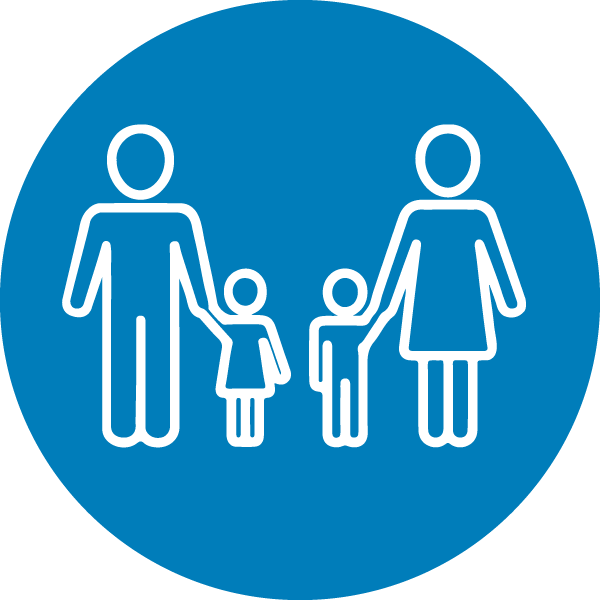Photo: Ben Sabic, former Kids Help Phone client, and member of its National Youth Council.
Kids Help Phone pilots 24/7 texting service in Manitoba.
The ways young people communicate are changing, and so is the way Kids Help Phone offers support – the charity is currently piloting a 24/7 texting service in Manitoba. No matter how it’s accessed, one thing won’t change: that Kids Help Phone will be there when youth need support. Ben Sabic has used the service ever since he was in elementary school.
“I believe it’s because of the Kids Help Phone counsellors I’m standing here today. They were there for me when I felt like I had no where else to turn.”
Today, the 22-year-old University of Manitoba student shares his story of overcoming the stigma of mental health. About three years ago, after a close friend committed suicide, Mr. Sabic was diagnosed with bipolar disorder, social anxiety and illness anxiety disorder. He believes the support he received from Kids Help Phone when he was younger gave him the coping skills he needed to get through.
“Each time I called [Kids Help Phone], the counsellors not only helped make me feel better… they also equipped me with a variety of tools, whether that was self-care strategies or local web sites or local services I could turn to. They helped me understand that what I was feeling was OK, and I shouldn’t be ashamed.”
Mr. Sabic has shared his story at a variety of events, including Manitoba’s We Day 2017. He sits on Kids Help Phone’s National Youth Council; a group of young people from across the country that collaborate on Kids Help Phone ideas and projects. He believes the new texting service – called Crisis Text Line powered by Kids Help Phone – will help the organization serve even more youth in the way they want.
Since 1989, Kids Help Phone has offered phone-in support for kids across the country. It also offers an online chat service, a mobile app, and an online resource database promoting resources in local communities. All services are completely anonymous and confidential.
Right now, kids reach out an average of 360 times per day for counselling and information referrals, and many more head to Kids Help Phone’s website. Unfortunately, the live chat can only address about 30 percent of the demand, says Alisa Simon, Kids Help Phone’s Vice President of Counselling Services and Programs. That’s where the texting service can help.
“The texting service is really meant for us to be able to significantly grow our capacity to serve young people,” she explains.
Plus, many young people feel more comfortable texting. Kids Help Phone research uncovered that 42 percent of young people would rather write than speak about their problem and 71 percent said they would welcome a texting option.
The 24/7 texting service is being developing thanks to a partnership with the U.S.-based Crisis Text Line, which has been operating for four years and recently took its 60 millionth text, Ms. Simon says. It’s the first time such technology will be available in Canada.
“It really allows us to make sure young people are able to connect, and also ensure we have oversight into all the conversations. Those young people in the highest level of distress or are talking about really serious issues, such as suicide, will be triaged up.”
The Foundation made a grant to support the piloting of the texting service in Manitoba, which will begin in early 2018. Although it is being piloted here, the nature of the program means people from all over Canada can access texting support. Our province was chosen in part thanks to its diversity.
“We really wanted to make sure we were testing the service in a province that has rural and remote [communities], has urban areas, has Indigenous peoples in large numbers. We wanted to make sure this is going to be a service that is going to work for all kinds of young people.”
To help ensure a successful program, Kids Help Phone developed a local Advisory Committee that discussed everything from what the volunteer training should encompass to the program’s name.
The program will be launched nationally in both official languages in fall 2018.
The texting service relies on trained volunteers who can live anywhere in Canada. They must complete 36-hours of training, pass a vunerable sector check and provide references. Volunteers commit to providing four hours of support a week, and all work is overseen by trained supervisors. Kids Help Phone anticipates needing 400 to 600 volunteers in Manitoba. To get involved, go to kidshelpphone.ca/texting-volunteers.



 Children, Youth & Families
Children, Youth & Families